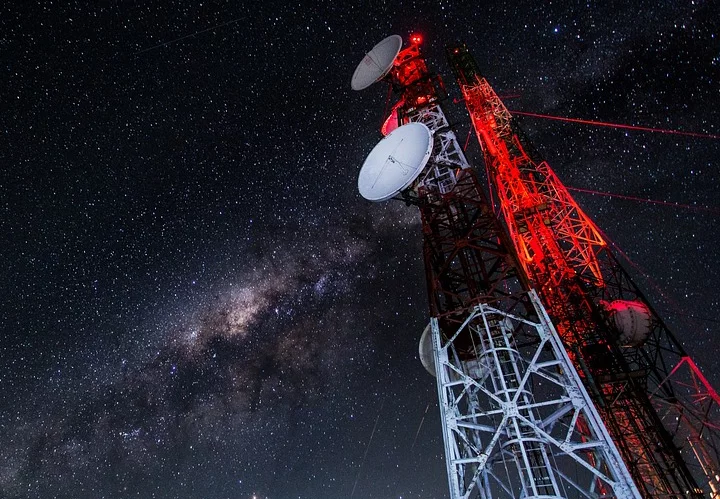Mukesh Ambani-led Reliance Jio and India's top telco, Bharti Airtel, will invest a total of Rs 74,000 crore in the next financial year to expand infrastructure to improve the call drop situation and data services, telecom secretary Aruna Sundararajan informed media on Tuesday. According to the official, Airtel will spend Rs 24,000 crore to expand the network, having already invested Rs 16,000 crore. Jio, on the other hand, will invest Rs 50,000 crore in installing 1 lakh towers in coming fiscal.

Idea Cellular and Vodafone that are currently going through their merger process will also have also increase mobile towers in their network.
Sundararajan, after meeting representatives from Bharti Airtel, Vodafone India, Idea Cellular, Reliance Jio, Aircel, and Telenor among others, also informed that top telecom operators had been directed by the telecom department to complete installation of additional towers by March as per their commitments made last fiscal to improve the call drop situation.
These telcos have also been asked to up efforts for tower installations in Delhi, Mumbai, and areas of Bihar and Uttar Pradesh, which the department said are most affected by call drops.
According to media reports, telcos have been asked to monitor the quality of services and share towers. They have also been mandated to ensure that hospitals, highways and domestic and international airports face lower call drops.
The telecom department will also closely monitor call drops with the telecom regulator, Trai.
Reports said that telcos would meet the secretary on a monthly basis on call drops. The next meeting will include analysis based on call drop rates derived by data collected on the basis of the new rules issued by the Trai in October last year, an ET report said, adding that telcos are submitting their data to the regulator. The Trai is likely to bring out its report by the month end.
During the meeting, Indian telcos said that they now expect an improvement in call drops rates following the government permissions for setting up mobile towers in defence areas, and for installations on metro towers beside small cells.
The secretary also said that her department would also look into the problems raised by the telecom industry. The industry had in the past raised issues like non-availability of towers, non-execution at the ground level despite adequate permissions, non-certified handsets, and illegal repeaters, which were collectively leading to calls being dropped.















